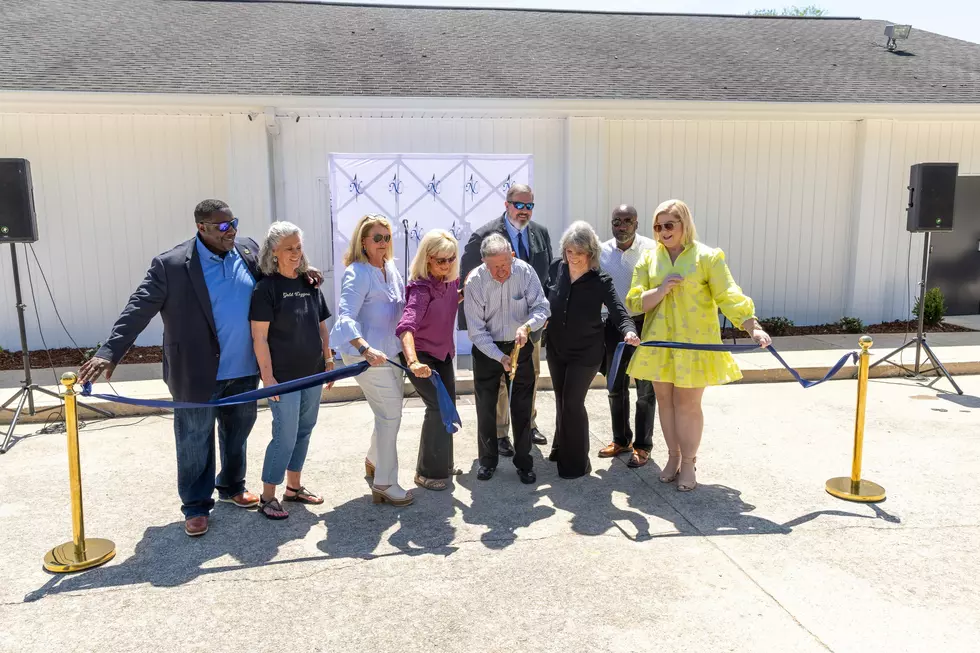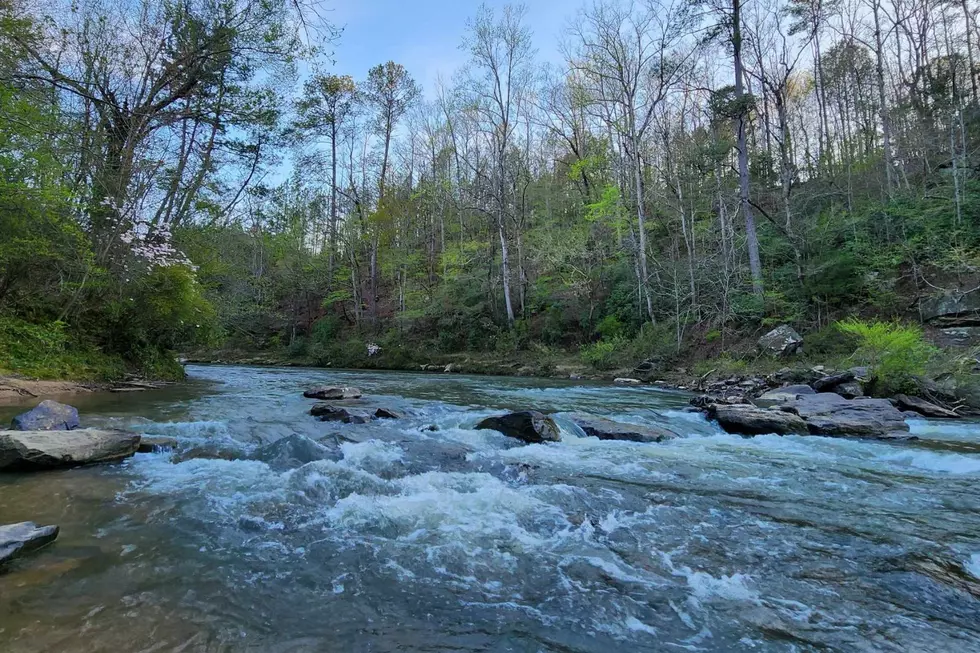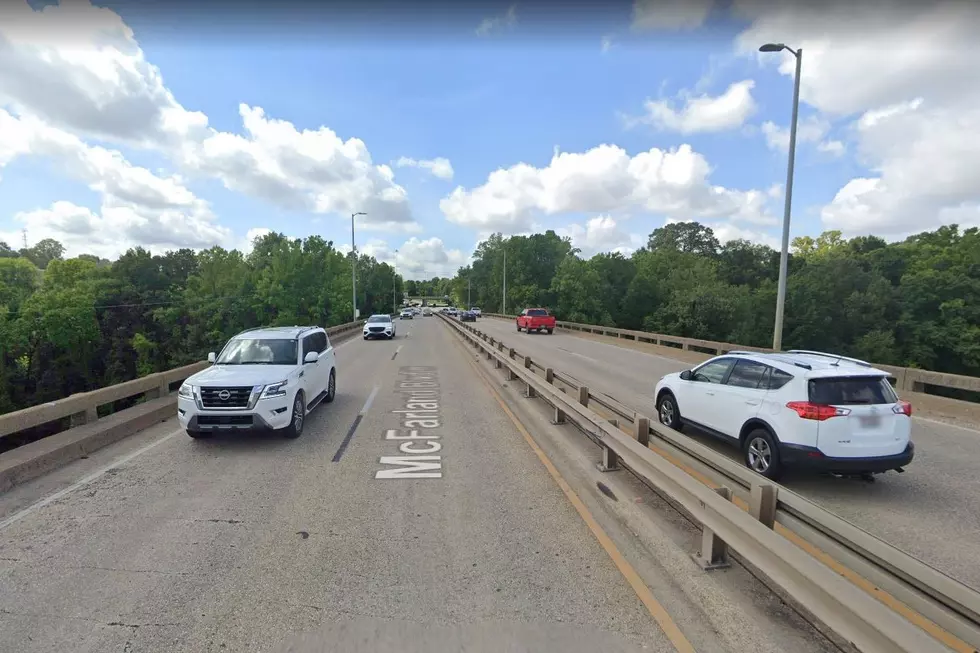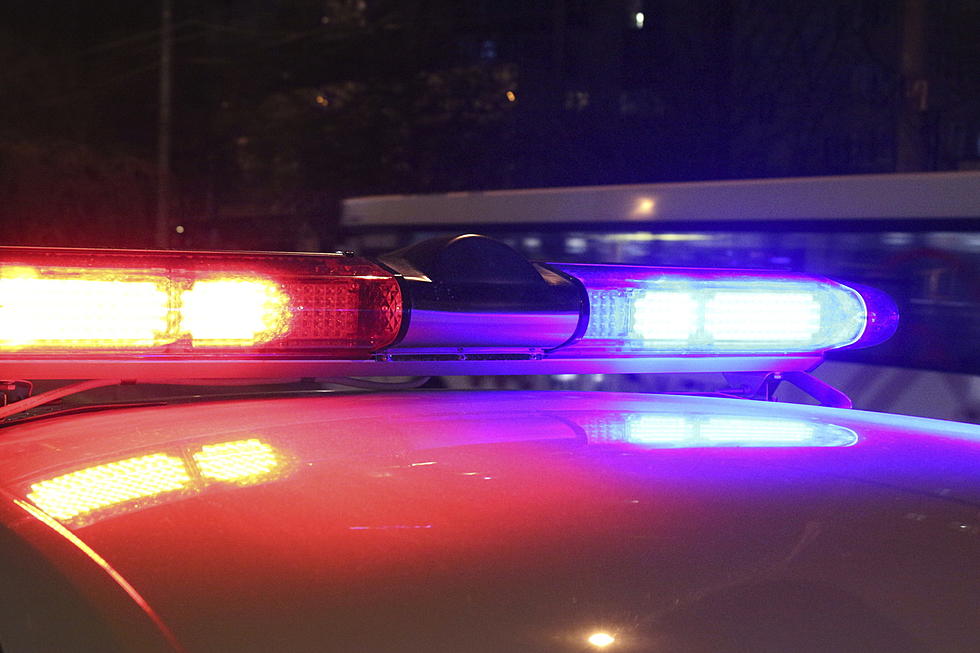
Life-Saving Classes Available At Tuscaloosa’s Warrior CPR
When Heather Miller, the CEO of Tuscaloosa's Warrior CPR, was in college, she had her sights set on one goal: becoming a doctor.
Although she never realized that particular dream, — Miller said chemistry and biology classes in college became too much— she still does life-saving work by teaching foster parents and homeschooled children.

Miller is no stranger to emergency work -- she said she met her husband Stephen “in the bay of an ambulance” in 2010 when they were both working for Northstar Paramedic Services.
“I was working at the call center, where EMTs would call in and describe what happened on their calls,” Miller said. “And Stephen has a very distinct voice, so when I met him in person in the ambulance bay one day I immediately recognized him.”
Her background is only half of what led her to teach the CPR classes, though. She said it partially arose from personal experience in foster parenting.
Foster parents are required to be CPR certified, she said, and although the Millers already had this knowledge thanks to their EMT experience, their first foster child, Jordan, experienced medical problems they knew less about.
“Two weeks after [Jordan] was placed with us, he was diagnosed with a rare brain disease,” Miller said. “We were told it would take him months to walk again. Between hospital stays and driving back and forth to Birmingham, I had to quit my full-time job to take care of him.”
Miller said after quitting her job and selling her house in 2020, she needed a way to provide for her family and satisfy her “entrepreneurial mindset.” Out of that need and drive, the concept of Warrior CPR was born.
Warrior CPR offers CPR certification classes for as little as $50. The classes allow participants to get input on their form from previous EMTs and practice the strategies they learn on mannequins that react in real-time to indicate whether the technique is being performed correctly.
Though Miller’s classes are usually filled with prospective foster parents, anyone with an interest in learning is welcome. One of Miller’s favorite experiences was teaching a group of middle and high schoolers who are home-schooled.
“Some of these kids wanted to be physical therapists, and one wanted to be a doctor. One wanted to learn CPR just to be a really good babysitter, and another wanted to be a better lifeguard,” Miller said. “Some of them asked questions adults don’t even ask. Seeing the fervor and excitement in these young people was such a gift.”
Above all, Miller said she wants people to know the importance of hands-only CPR, a method popularized by The American Heart Association, which consists of two steps: calling 911 and doing chest compressions until further medical assistance arrives.
“It’s not an official CPR certification, but it’s still a valuable community resource,” Miller said. “It can save lives if you’re in a situation where no one else knows CPR.”
According to Miller, 70% of out-of-hospital cardiac arrests happen in the home, and only about 40% of those people receive the help they need before medical personnel arrives.
“Cardiac arrest is uncontrollable, it’s not something we can control our environment to stay away from,” Miller said. “Classes may cost money, but it’s worth $50, it’s worth $500, it’s worth $5,000—it’s an invaluable skill to have.”
Top Stories from the Tuscaloosa Thread (1/16 - 1/23)
More From Tuscaloosa Thread









